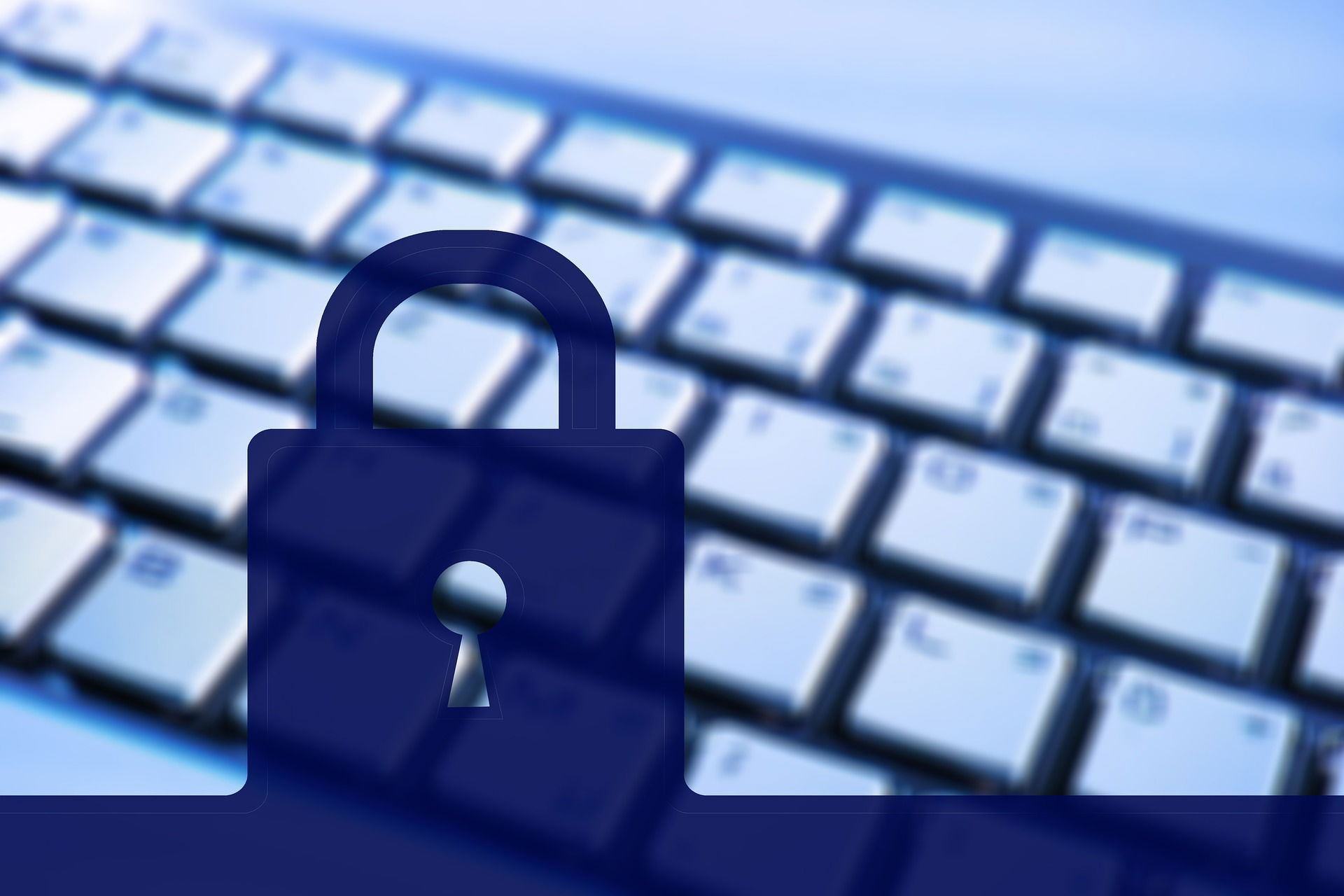Privacy in a Connected World: Protecting Your Personal Information Across Platforms
In today's digital age, where connectivity and convenience reign supreme, the protection of personal information has become an increasingly critical concern. From social media platforms to online shopping, our lives are intertwined with various digital services that collect and store our data. As we navigate this connected world, safeguarding our privacy becomes paramount. In this comprehensive guide, we will explore the importance of privacy in a connected world and provide practical tips to protect your personal information across different platforms.
The Digital Landscape and Privacy Concerns
1. The Data Trail
Data Collection: The apps and websites we use often collect and store personal information, including browsing habits, location, and more.
Third-Party Sharing: Many platforms share data with third-party advertisers and partners, potentially compromising your privacy.
2. Privacy Vulnerabilities
Data Breaches: High-profile data breaches have exposed millions of users' personal information to cybercriminals.
Surveillance: Governments and entities may engage in mass surveillance, raising concerns about the invasion of privacy.

Navigating Privacy Settings
1. Social Media Platforms
Privacy Controls: Familiarize yourself with the privacy settings of your social media accounts to control who sees your content.
Location Sharing: Turn off location sharing for apps that don't require it.
2. Online Shopping and Services
Account Management: Regularly review and update the personal information stored in your online accounts.
Opt-Out Options: Take advantage of opt-out choices for data sharing and personalized ads.
Minimizing Data Exposure
1. Limiting Sharing
Minimize Sharing: Be cautious about the personal information you share online, even with trusted friends.
Public Wi-Fi: Avoid accessing sensitive information while connected to public Wi-Fi networks.
2. Encryption and Security
Strong Passwords: Use unique, strong passwords for each online account and consider a password manager.
Encryption Tools: Utilize encrypted messaging apps and secure browsing tools to protect your online communications.
Staying Informed and Empowered
1. Data Privacy Laws
General Data Protection Regulation (GDPR): Familiarize yourself with the data privacy laws in your region.
Consumer Rights: Understand your rights regarding data access, correction, and deletion.
2. Educating Yourself
Privacy Policies: Read and understand the privacy policies of platforms and apps you use.
Stay Updated: Keep abreast of the latest privacy-related news and developments.

The Power of Personal Responsibility
As users of digital services, we hold a significant responsibility for safeguarding our privacy. While platforms and regulations play a role in protecting our data, individual vigilance is crucial in a connected world.
Sources:
- Electronic Frontier Foundation (EFF). "Surveillance Self-Defense." https://ssd.eff.org/
- Federal Trade Commission. "Protecting Your Personal Information." https://www.consumer.ftc.gov/articles/0272-how-keep-your-personal-information-secure
- Privacy Rights Clearinghouse. "Online Privacy and Technology." https://privacyrights.org/consumer-guides/online-privacy-and-technology
- NortonLifeLock. "How to Protect Your Privacy Online: A Step-by-Step Guide." https://www.nortonlifelock.com/cybersecurity/privacy/how-to-protect-your-privacy-online
- Data Protection Commission Ireland. "Your Data Rights." https://www.dataprotection.ie/en/individuals/what-are-my-rights